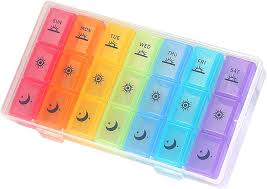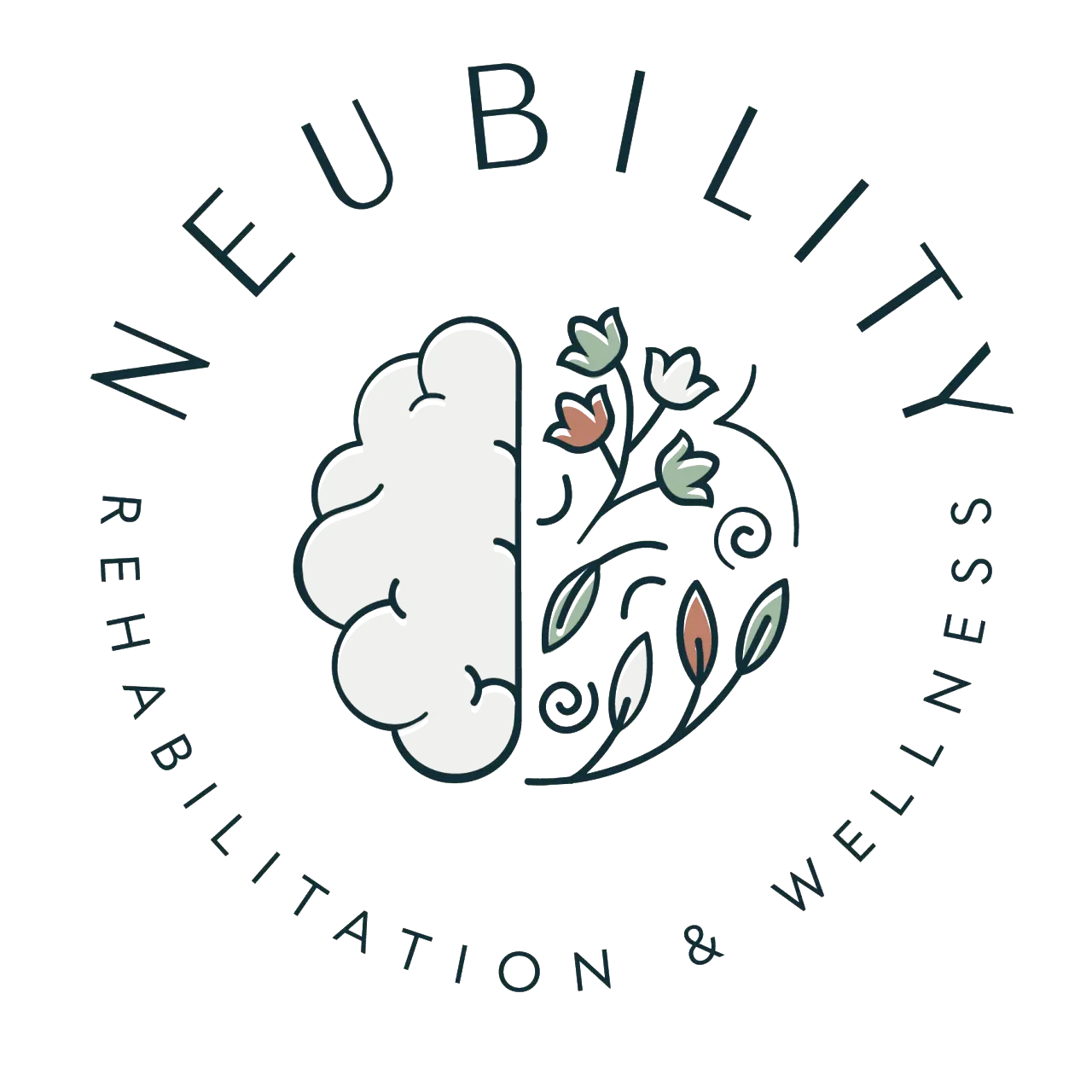Managing medication can sometimes feel like navigating a complex maze, especially when juggling multiple prescriptions, dosages, and schedules. However, effective medication management is crucial for achieving the best outcomes in your health. Whether you’re managing chronic conditions, taking medications for short-term issues, or helping a loved one with their prescriptions, here are some practical tips from our occupational therapist at Neubility Rehabilitation and Wellness in Pinellas Park.
1. Create a Medication List
Start by compiling a comprehensive list of all the medications you or your loved one are taking. This should include prescription medications, over-the-counter drugs, vitamins, and supplements. Include details such as:
- Medication Name
- Dosage
- Frequency
- Purpose
- Prescribing Doctor
Keep this list updated and share it with your healthcare provider during appointments. This can help avoid potential drug interactions and ensure that all aspects of your medication regimen are considered in your overall treatment plan.
2. Use a Pill Organizer

Pill organizers are a simple yet effective tool for managing multiple medications. They come in various forms, including daily, weekly, or even monthly compartments. Using an organizer can help you:
- Avoid Missing Doses: By pre-sorting medications for the week, you reduce the risk of forgetting a dose.
- Prevent Overdosing: It helps you keep track of what’s been taken and what hasn’t.
3. Set Reminders
Staying consistent with medication schedules is important, especially medication that needs to be taken on time such as medication for Parkinson’s Disease or high blood pressure medication. Use technology to your advantage:
- Smartphone Apps: Many apps are designed specifically for medication management. They can send reminders, track dosages, and even provide information about each medication.
- Alarm Clocks or Timers: If you prefer something more traditional, setting alarms on your phone or using a kitchen timer can help you remember when it’s time for your next dose.
4. Establish a Routine
Integrate medication into your daily routine to make it easier to remember. Associating taking medication with a regular activity, such as brushing your teeth or having a meal, can help reinforce the habit. Put your medications next to items that you use regularly such as on the sink next to your toothbrush, or on the kitchen counter next to your water.
5. Understand Your Medications
Take time to learn about each medication you’re taking. Understanding what each drug is for, how it works, and possible side effects can empower you to manage your health better. Consult with your primary care physician or pharmacist if you have any questions or concerns.
6. Track Side Effects and Interactions
Keep an eye on how your medications affect you. Document any new symptoms or changes in your health and report them to your healthcare provider. This information can help in adjusting dosages or changing medications if needed. Keep a daily diary of you are experiencing side effects.
7. Regularly Review Your Medications
Schedule regular reviews of your medication regimen with your healthcare provider. This allows for adjustments based on changes in your health, new treatments, or interactions that may arise. It’s also a good opportunity to discuss any concerns or side effects.
8. Be Cautious with Over-the-Counter Medications
Even seemingly harmless over-the-counter medications can interact with prescription drugs. Always inform your healthcare provider about any non-prescription medications or supplements you’re taking.
9. Proper Storage
Store medications as directed by your pharmacist or on the label. Some medications need to be kept in a cool, dry place, while others might require refrigeration. Proper storage helps maintain the effectiveness of your medications.
10. Dispose of Medications Safely
When you no longer need a medication, dispose of it properly to avoid accidental ingestion or misuse. Many pharmacies offer medication take-back programs, or you can follow FDA guidelines for safe disposal at home.
Conclusion
Medication management is a key component of effective healthcare. By staying organized, being proactive, and working closely with your healthcare team, you can ensure that your medications contribute positively to your health and well-being. Remember, managing your medications is not just about keeping track of pills—it’s about taking control of your health and understanding your over-all health
If you have any specific concerns or questions about managing your medications, don’t hesitate to reach out to your healthcare provider or pharmacist. If you or your loved ones need assistance with medication management and other activities of daily life living (ADL’s), contact occupational therapy at Neubility Rehabilitation and Wellness.


